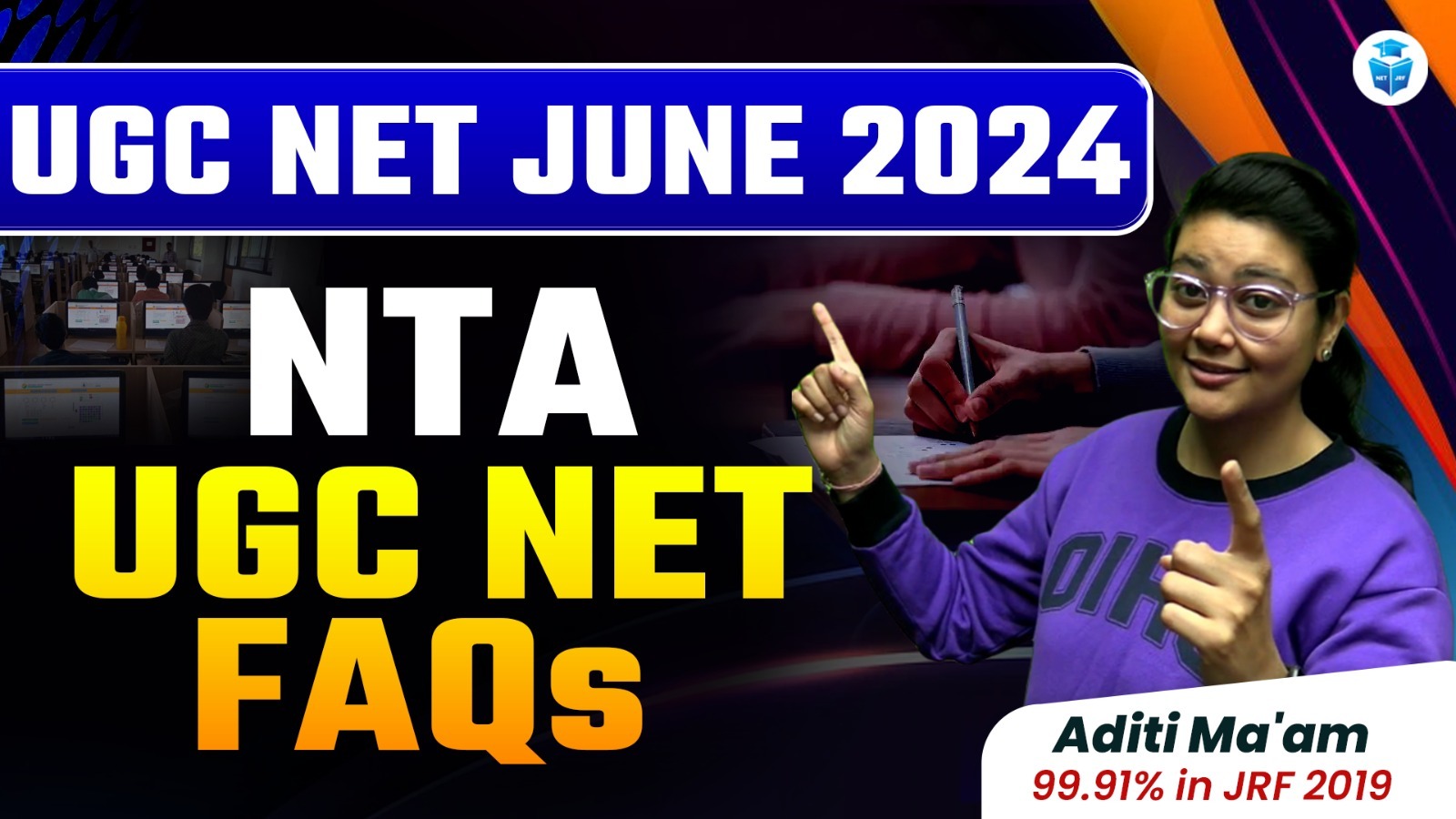
Get an Instant Callback by our Mentor!

The UGC NET (University Grants Commission National Eligibility Test) is a national-level exam that unlocks exciting opportunities for aspiring lecturers and researchers in India. If you're considering taking the UGC NET exam, you probably have a ton of questions. This blog post addresses the most frequently asked questions (FAQs) by UGC NET aspirants, providing you with all the essential information you need to succeed.
The UGC NET determines eligibility for Assistant Professor and Junior Research Fellowship (JRF) positions in Indian universities and colleges. Here are some of the key benefits of qualifying:
Become an Assistant Professor/Lecturer: A UGC NET qualification allows you to pursue a fulfilling career teaching undergraduate and postgraduate students at UGC-approved universities.
Research Opportunities: The JRF qualification opens doors to research fellowships, project assistant roles, and research analyst positions in prestigious institutions.
Career Diversification: A UGC NET qualification can enhance your profile for jobs in public-sector organizations, entrepreneurship, publishing research papers, and even becoming a NET faculty member or a guest lecturer.
Who can apply for UGC NET?
There's no upper age limit for Assistant Professor positions. However, JRF aspirants must be below 30 years of age. The exact dates for the UGC NET exam are usually announced by the National Testing Agency (NTA) a few months in advance.
What is the UGC NET Exam Syllabus and how to prepare for the exam ?
The UGC NET exam consists of two papers: Paper-1 (General for all subjects) and Paper-2 (subject-specific). You can find the detailed syllabus for all subjects on the NTA website. To effectively prepare for the exam, you can utilize various resources like UGC NET study material, sample papers, mock tests, and previous year question papers with solutions.
What is UGC NET Exam Pattern and what are the Important Resources ?
The UGC NET exam is conducted online (Computer Based Test) for a duration of 3 hours. Here are some additional resources that can be helpful:
Download UGC NET Admit Card: Steps to download your admit card will be available on the NTA website closer to the exam date.
Check UGC NET Cut-off Marks: Refer to previous years' cut-off marks to gauge your performance expectations.
UGC NET Rank Predictor: Use this free tool to estimate your All India percentile score.
UGC NET vs CSIR NET: Understand the key differences between these two exams.
What is the Salary Expectations after Qualifying UGC NET ?
After qualifying for UGC NET, Assistant Professors can expect a starting salary in the range of INR 30,000-45,000 per month. JRF awardees receive a monthly stipend of INR 31,000.
Key Takeaways
Qualifying UGC NET unlocks promising career prospects in teaching and research.
Understand the eligibility criteria, exam pattern, and syllabus thoroughly.
Utilize various resources for effective preparation.
There's no limit on attempts for Assistant Professor, but age restrictions apply for JRF.
By addressing these FAQs, this blog post aims to provide a clear roadmap for your UGC NET journey. Remember, with dedication and the right approach, you can successfully crack this exam and achieve your academic aspirations.
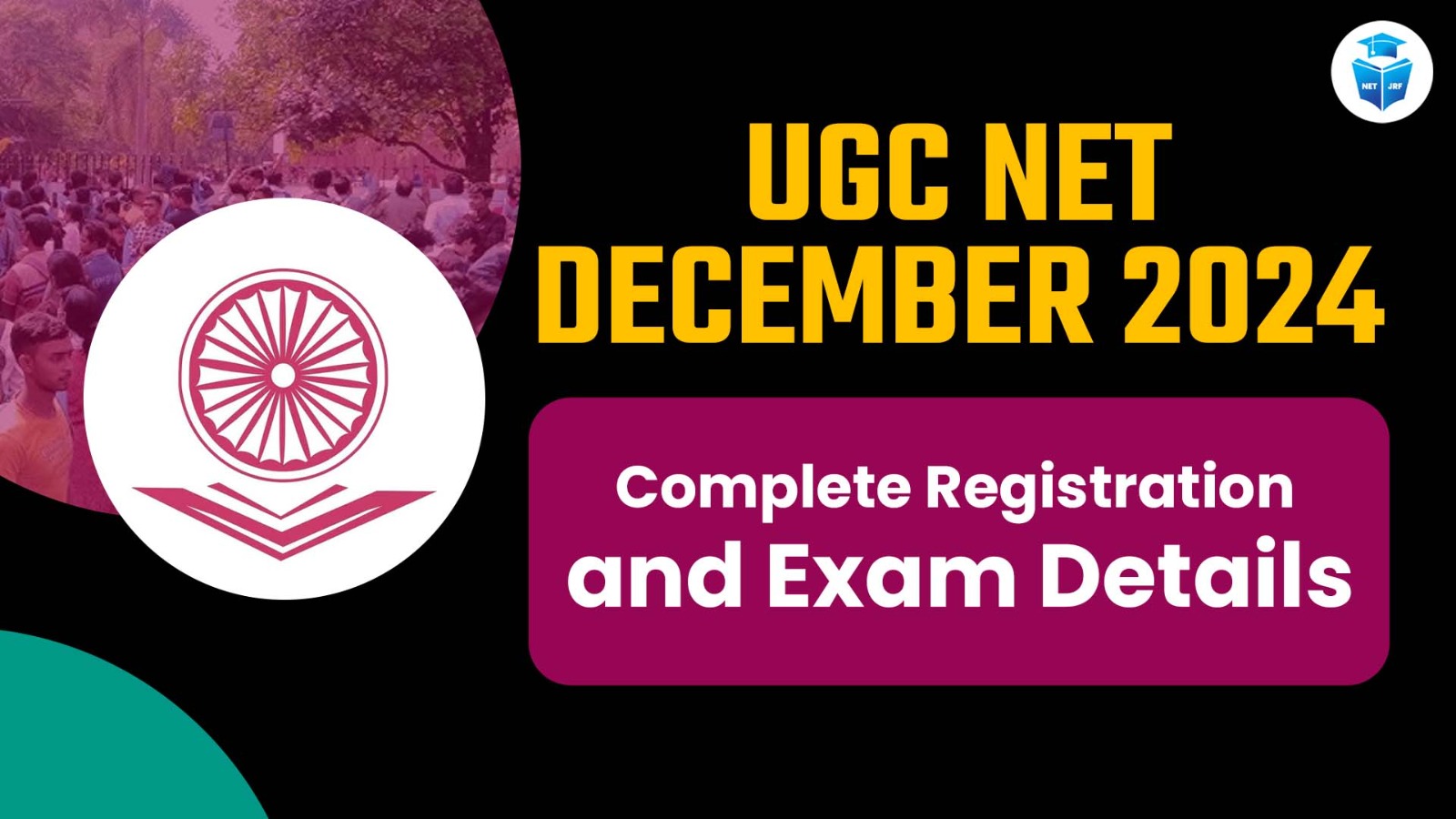
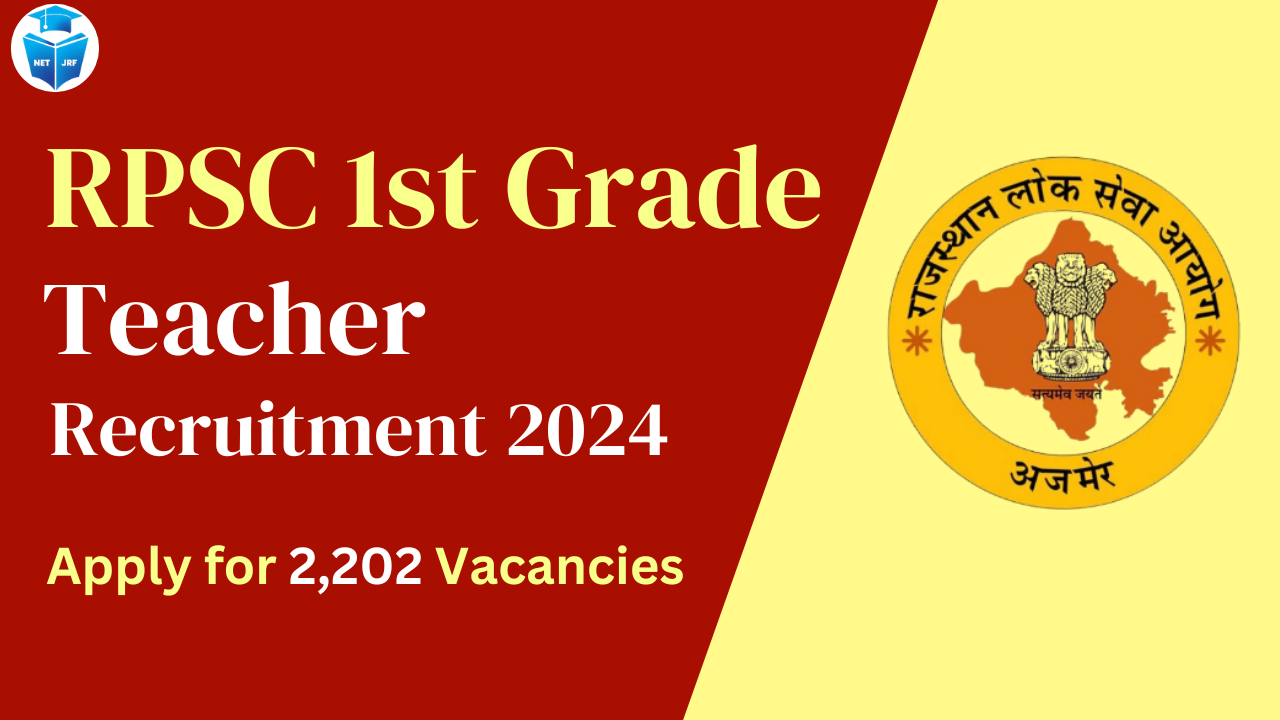
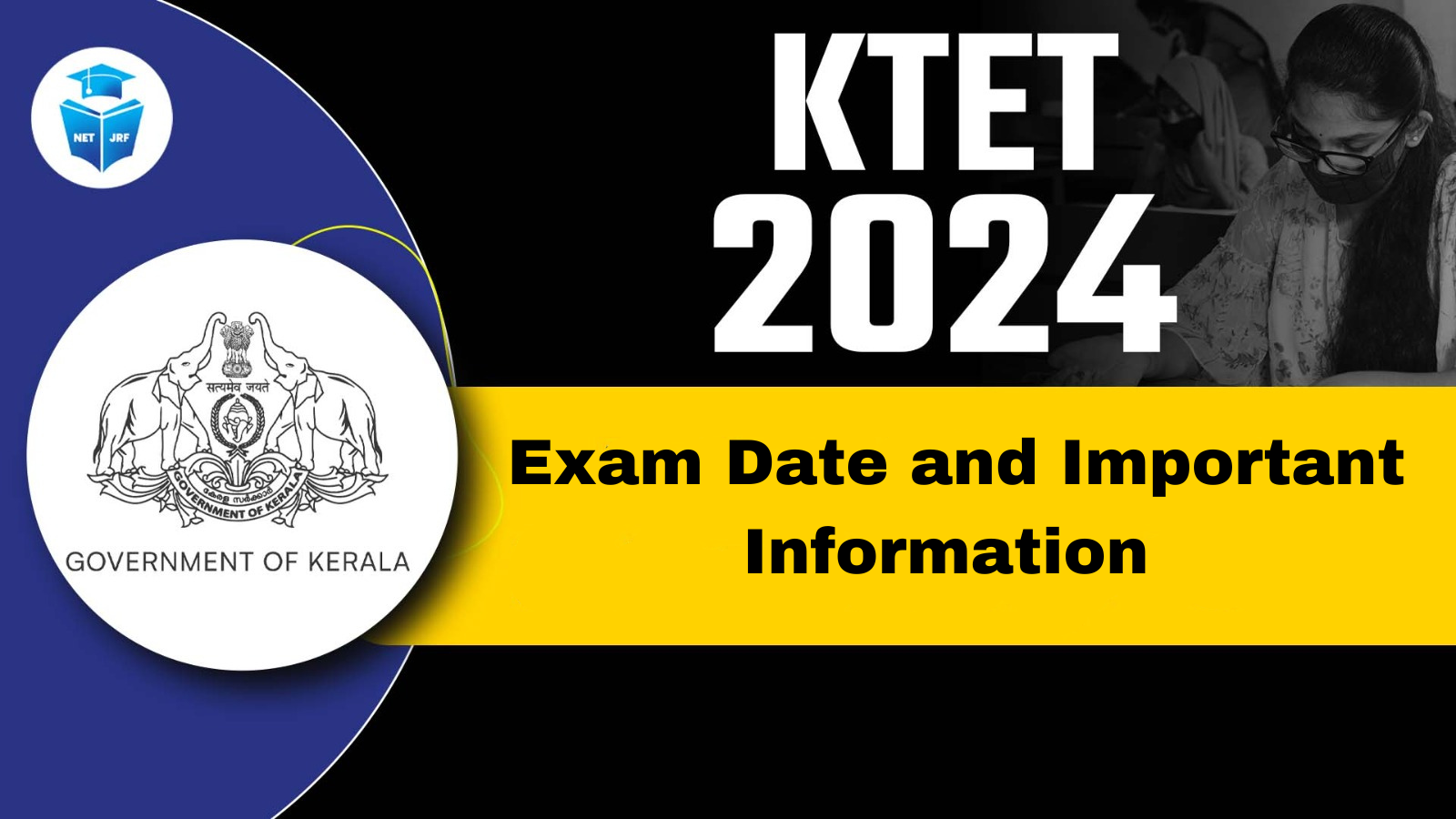
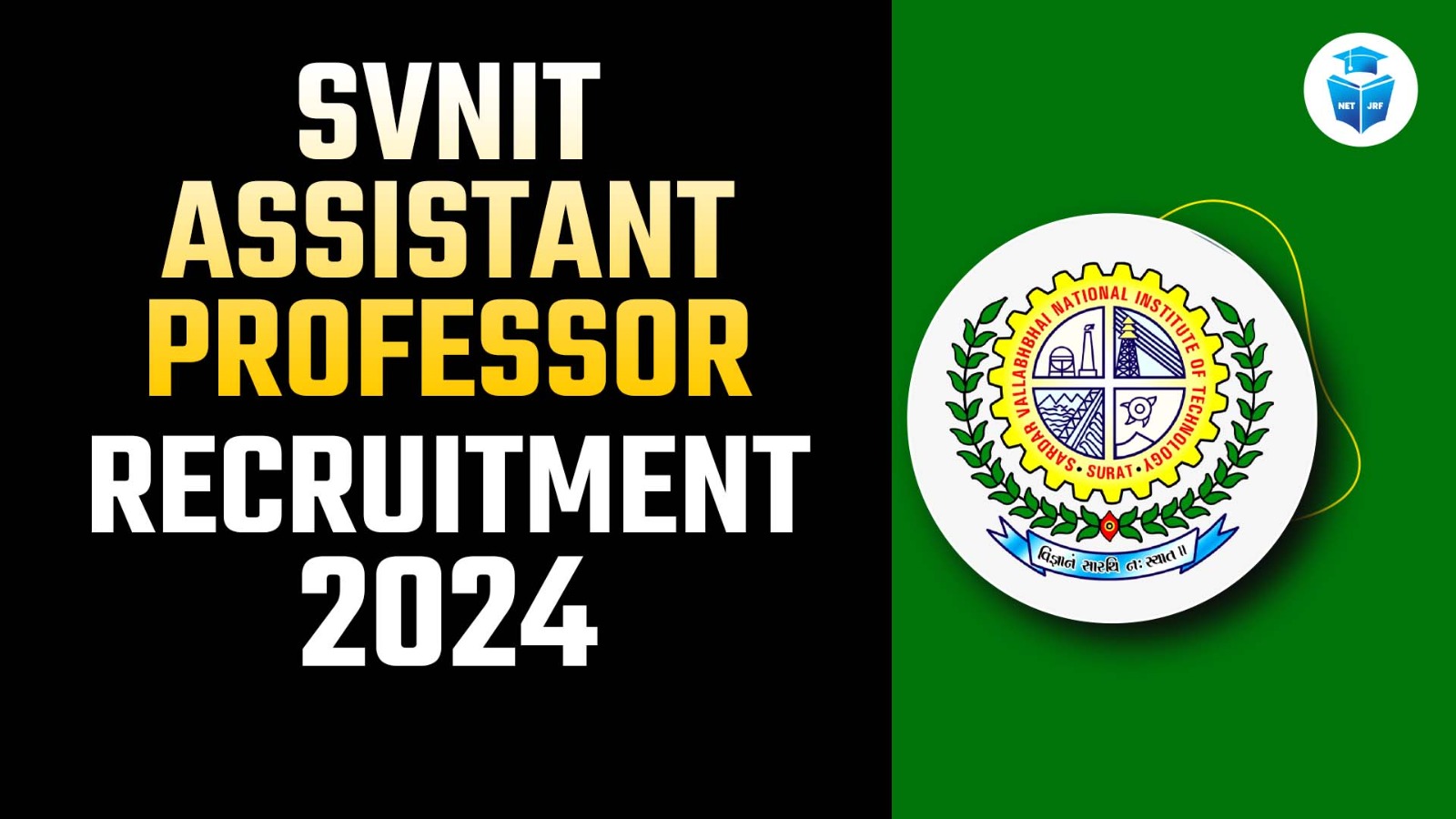
.jpeg)
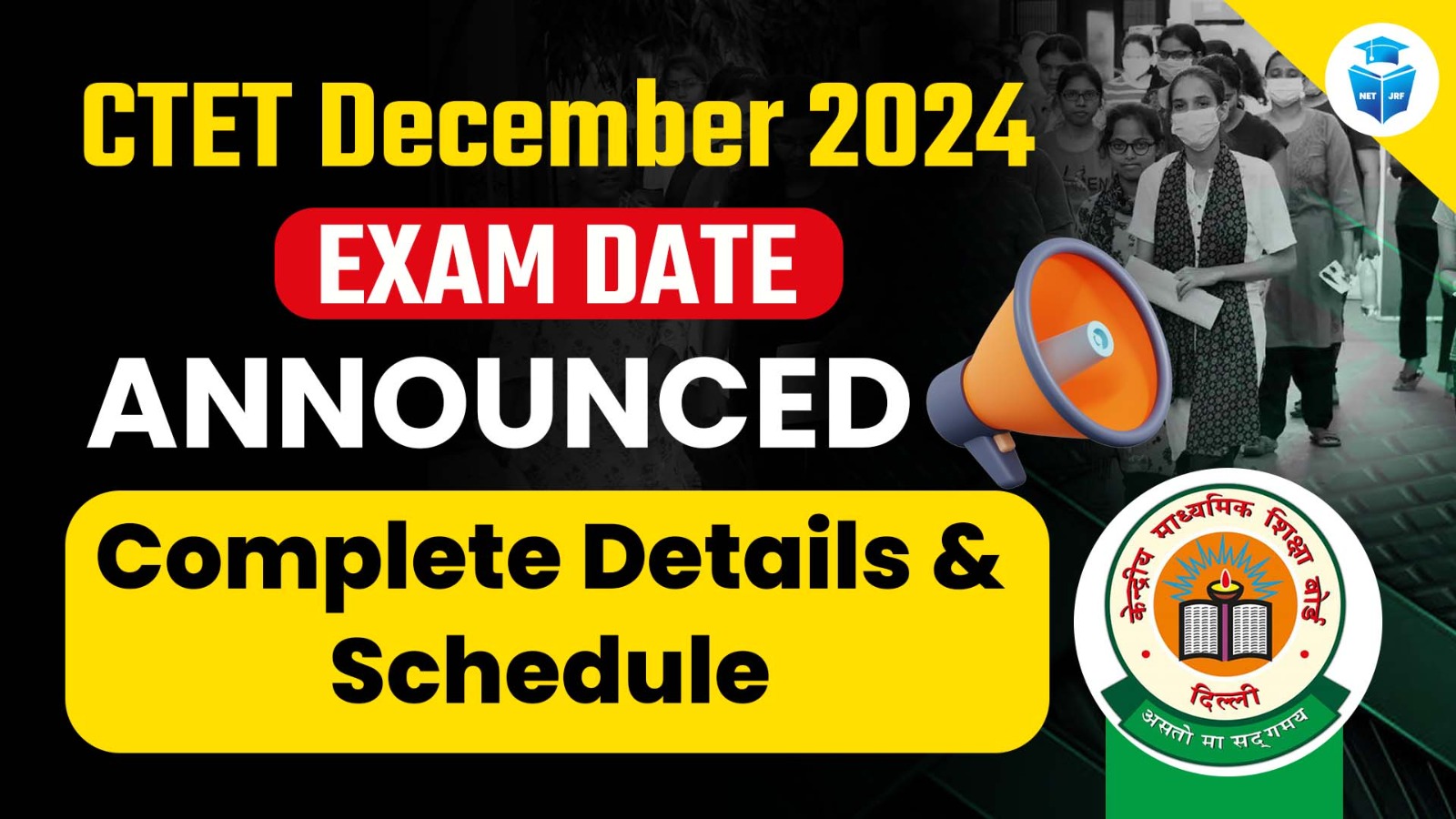

Founder of JRFAdda, is a Computer Science educator with an MCA degree and JRF qualification. Her experience includes roles as an SBI SO (DBA), work at Cognizant, and over 5 years of teaching online and offline. She has also served as a Government Computer Teacher in Rajasthan.